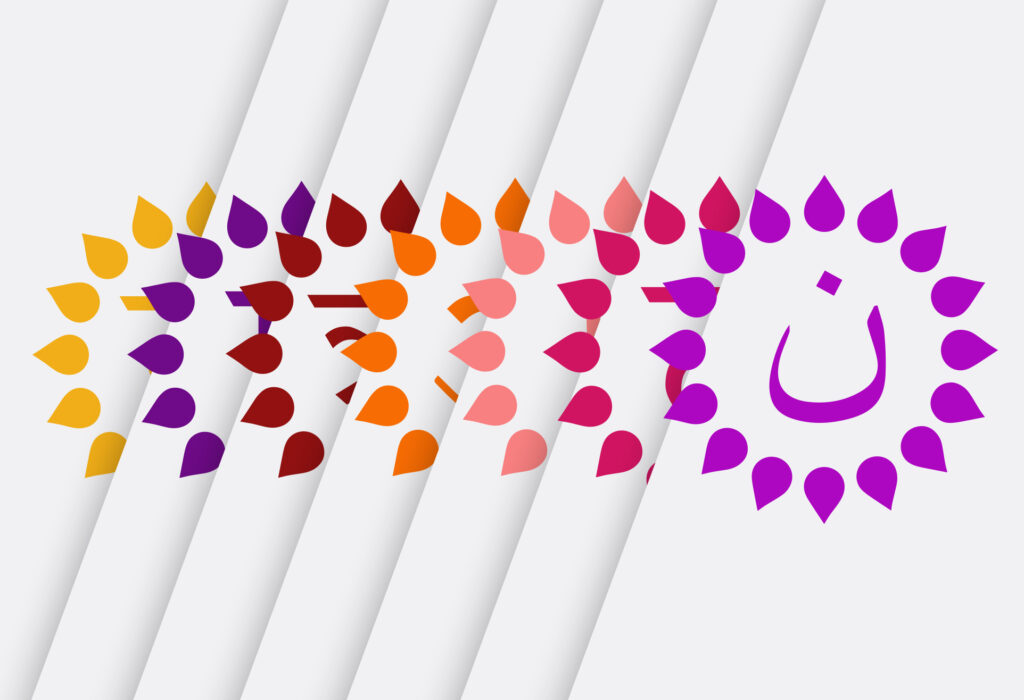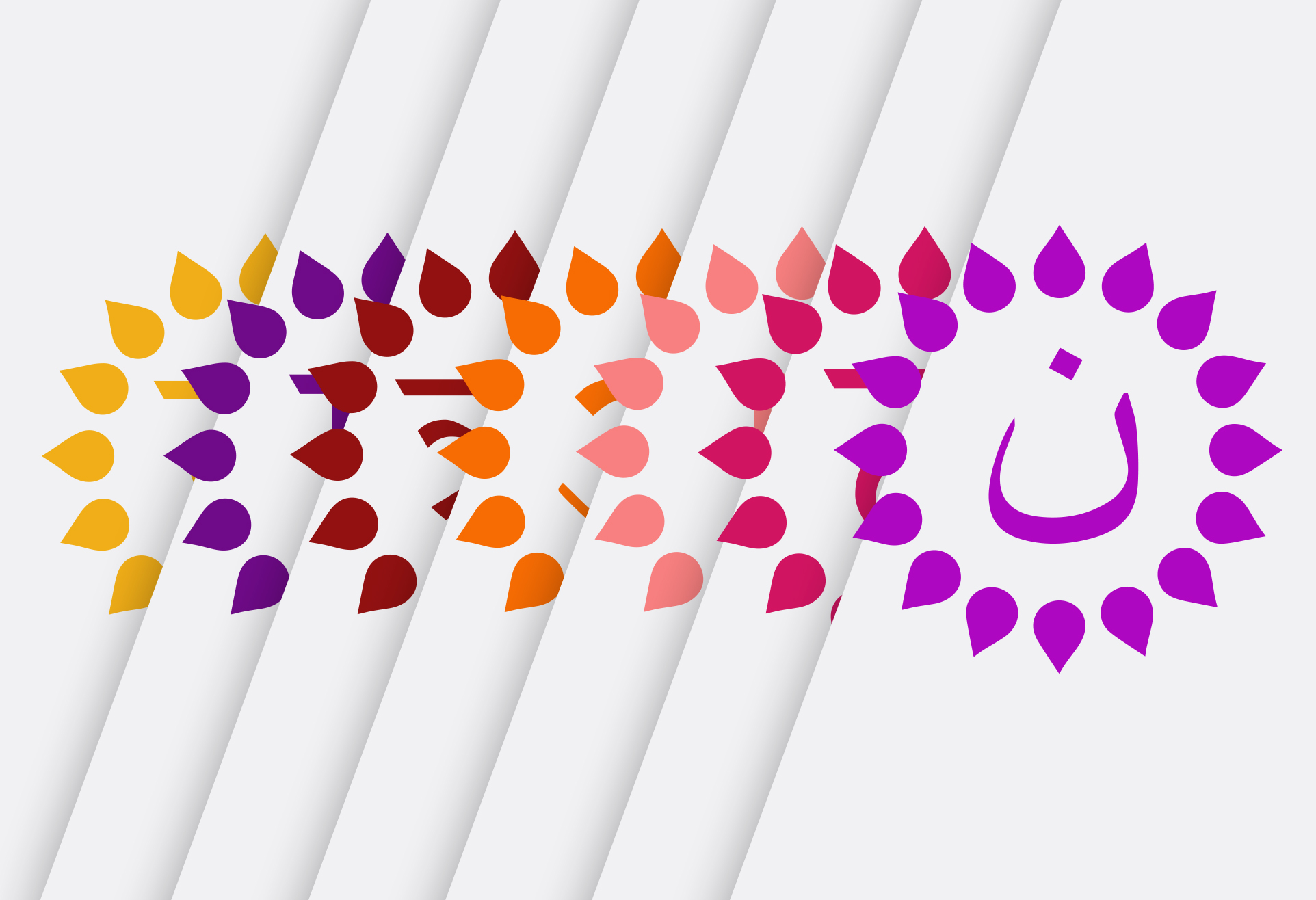
Link
Runtime
since 2017–
project participants
CCeH, DCH, Institute for Linguistics (University of Cologne), Institute for South Asian and Southeast Asian Studies (University of Cologne).
Description
The University of Cologne is one of the most important locations in Germany for digital linguistics, with many years of experience in the collaborative creation and web-based presentation of textual and lexicographical resources. A particular focus is on non-Western languages in spoken and written form. Based on the DFG project “VedaWeb”(https://vedaweb.uni-koeln.de/), a virtual research environment for the linguistic analysis of ancient Sanskrit texts, C-SALT was initiated as a platform for the joint activities of CCeH, DCH and IfL in the field of South Asian language resources. C-SALT includes the largest digital archive of dictionaries for classical Indo-Aryan languages (“Cologne Digital Sanskrit Dictionaries”, http://www.sanskrit-lexicon.uni-koeln.de), the Critical Pali Dictionary digitally realized by CCeH in cooperation with the Pali Text Society (https://cpd.uni-koeln.de) and the Nuristani Archive Cologne (NurAC), which holds rare recordings of Nuristani languages (currently Waigali audio recordings by A. Grjunberg; project partners: Prof. Eugen Hill, Cologne and Prof. Almuth Degener, Mainz). The platform also includes several other projects such as the modeling of the most important Sanskrit dictionaries in TEI, the provision of resources via APIs (“C-SALT APIs for Dictionaries”) and the development of “Kosh”, a software framework for the creation and maintenance of APIs for XML-encoded dictionaries.
Publications
Mondaca, Francisco / Rau, Felix (2020). “Transforming the Cologne Digital Sanskrit Dictionaries into Ontolex-Lemon.” In: Proceedings of the 7th Workshop on Linked Data in Linguistics: Building Tools and Infrastructure at LREC 2020. Marseille, May 11–16, 2020. Link: https://lrec2020.lrec-conf.org/media/proceedings/Workshops/Books/LDL2020book.pdf.
Kiss, Börge / Kölligan, Daniel / Mondaca, Francisco / Neuefeind, Claes / Reinöhl, Uta / Sahle, Patrick (2019). “It Takes a Village: Co-Developing VedaWeb, a Digital Research Platform for Old Indo-Aryan Texts.” In: Proceedings of the Twin Talks Workshop at DHN 2019, ed. by Steven Krauwer and Darja Fišer. Copenhagen, March 5, 2019. pp. 35–44 [PDF].
Mondaca, Francisco / Schildkamp, Philip / Rau, Felix (2019). “Introducing Kosh, a Framework for Creating and Maintaining APIs for Lexical Data.” In: Electronic Lexicography in the 21st Century: Proceedings of the eLex 2019 Conference, ed. by Iztok Kosem [et al.]. Sintra, October 1-3, 2019. Brno: Lexical Computing CZ, s.r.o. pp. 907–921 [PDF].
Mondaca, Francisco / Rau, Felix / Neuefeind, Claes / Kiss, Börge / Kölligan, Daniel / Reinöhl, Uta / Sahle, Patrick (2019). “C-SALT APIs – Connecting and Exposing Heterogeneous Language Resources.” In: Book of Abstracts of the Digital Humanities Conference 2019 (DH2019). Utrecht, July 9–12, 2019. Link: https://dev.clariah.nl/files/dh2019/boa/0401.html.
Mondaca, Francisco (2018). “C-SALT APIs for Sanskrit Dictionaries: A Novel Approach for Accessing Digital Lexical Resources Online.” Poster at the workshop eLexicography: Between Digital Humanities and Artificial Intelligence, affiliated to EADH 2018: Data in Digital Humanities. Galway, December 6, 2018 [PDF].
